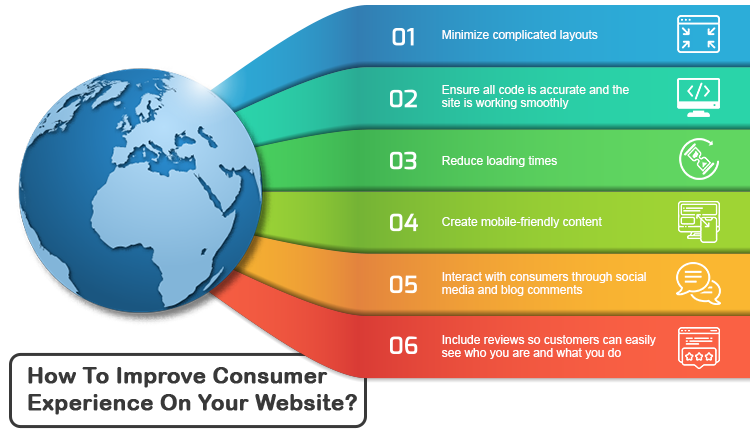Being a small business means taking big steps to ensure your brand is visible among the “big guys”. The internet has made it easier than ever before to market yourself on a global level. As a leader in search engine optimization, Outreach Digital Marketing helps small businesses across North America expand their global footprint through maximizing online presence.
Search engine optimization, or SEO, involves optimizing your search engine rank to improve your website traffic and ROI. SEO ranks are based on bespoke algorithms designed by search engines like Google. While the algorithms can be complicated, there are many aspects that remain consistent.
Make Your Website for the Users
While it may seem pertinent to create your web layout and content for a search engine’s benefit, it is important to structure your small business site to internet users. Search engines look at things like customer engagement and ease of access when they rank your site against others in your field. If web users aren’t able to access and utilize the content you provide, search engines won’t rank it highly because they know users will be looking elsewhere for the same information.
You can improve consumer experiences on your website by:
- Minimizing complicated layouts
- Ensuring all code is accurate and the site is working smoothly
- Reducing loading times
- Creating mobile-friendly content
- Interacting with consumers through social media and blog comments
- Including reviews so customers can easily see who you are and what you do

Marketing your site through SEO doesn’t need to be as complex as it sounds. Making your content relevant to your customers and keeping your site accessible to them are two big things search engines consider when ranking local and international pages.
Write Your Own Content
This isn’t to say you can’t hire a copywriter or digital marketing professional to manage your site and blog content, but rather that auto-generated content is never a good idea. Too many businesses hoping to make a mark on their SEO score opt for quantity over quality.
Sure, auto-generated copy will get you a lot of blogs fast, but will your customers want to read them? When Google ranks your business, they will consider how much time consumers spend on your site, how many times content is shared, how many comments are made on your copy, and other clues to consumer reactions.
A few tips for SEO-worthy content are:
- Make copy relevant to your business – Consumers are visiting your site because you offer a particular service or product. If your copy doesn’t reflect this, it detracts from your role as an authority.
- Write content you would want to read – Chances are, if you aren’t interested enough to finish a blog, neither will your customers be.
- Keep content clear and concise – Don’t use jargon your customers won’t understand.
- Add visuals – Consumers are all about video content. If you can spice up everyday content with a visual, it could keep consumer attention longer.
- Break up your content – Add titles, subtitles, bullet points, and other formatting to break up content into easily digested pieces.

Include Keywords when Possible
Keywords help consumers find your company online. If you run a flower shop in Westlake, California, your keywords might include:
- Westlake florist
- CA roses
- Flower shop Westlake
- Flower delivery Westlake
Keywords should reflect the terms and phrases a consumer might type into a search engine while looking for a service like yours.
Keyword placement can be just as important as keyword selection. Like everything else on your website, you want your keywords to seem natural and organic. For this to occur, you need to avoid tactics like “keyword stuffing”.
Keyword stuffing is just as the title suggests. It implies forcing as many keywords into a single piece of content as possible to encourage higher search visibility. Unfortunately, this could have the opposite impact if Google decides your keywords make the content seem fake or inauthentic.
Place keywords naturally, ensuring they flow into the sentences and paragraphs you type. You can also add keywords to your titles, meta data, and image descriptions for greater impact.

Contact Outreach Digital Marketing Today
Outreach Digital marketing works with small businesses across the country, applying digital marketing knowledge to your website and social media accounts to get you the results you want.
We understand the endless hours that go into getting a small business off the ground and can help you better understand SEO and how it can work to benefit your brand.
Get your small business to the top of Google’s search results. Contact us today to learn more.
